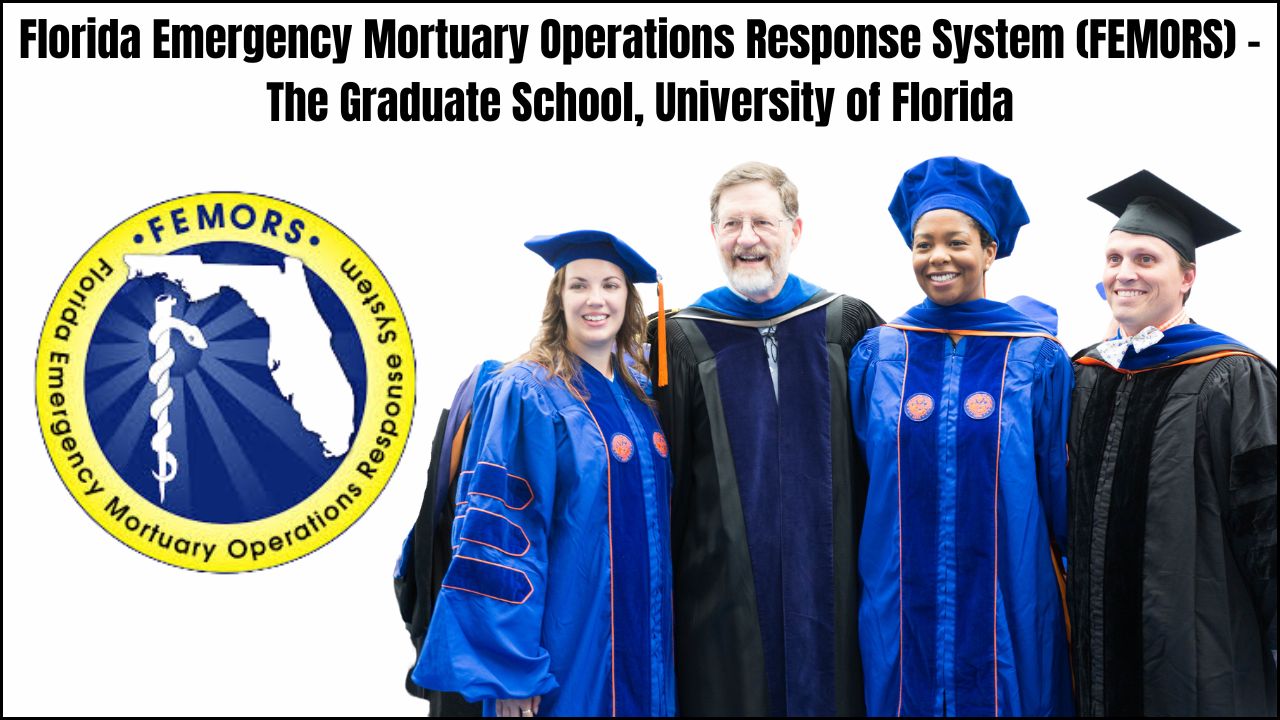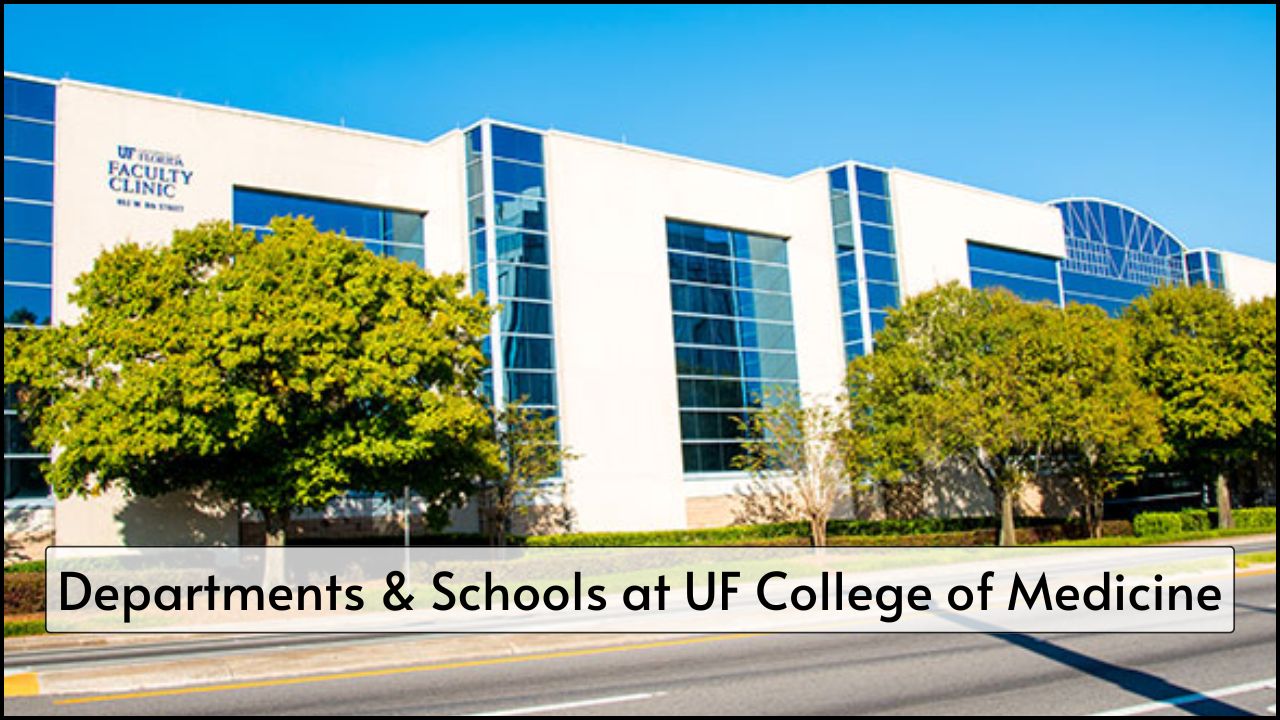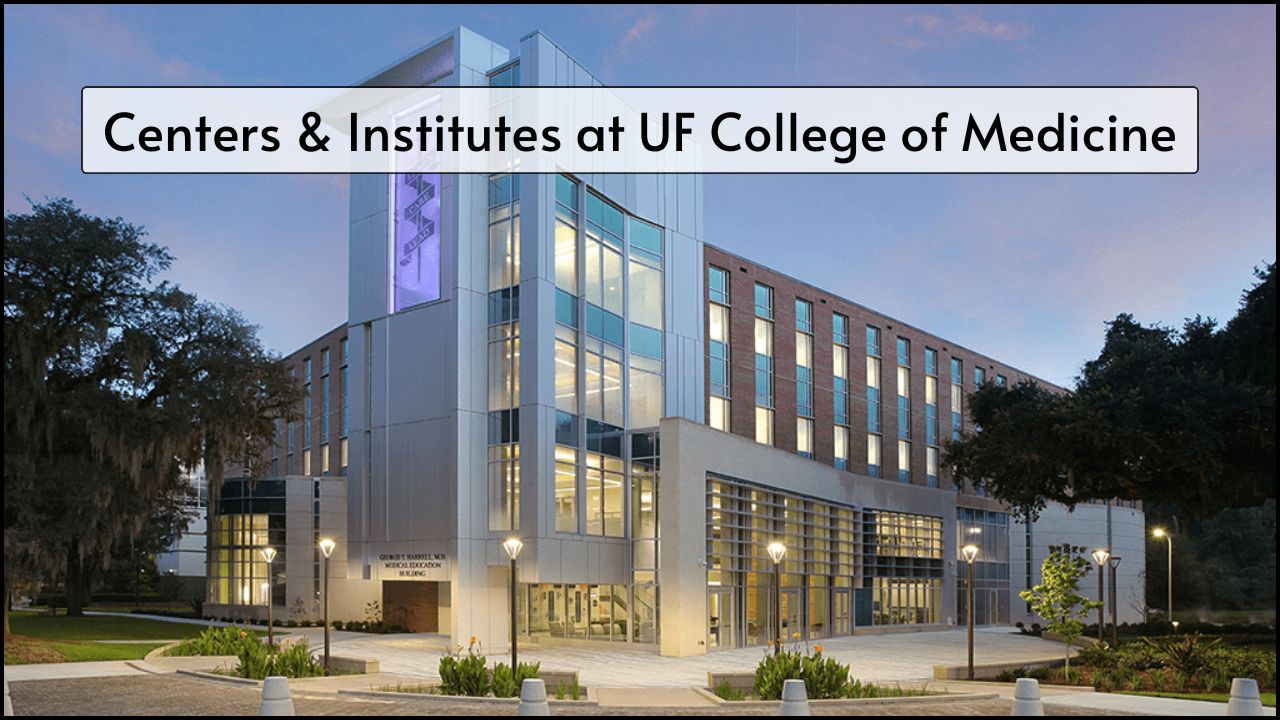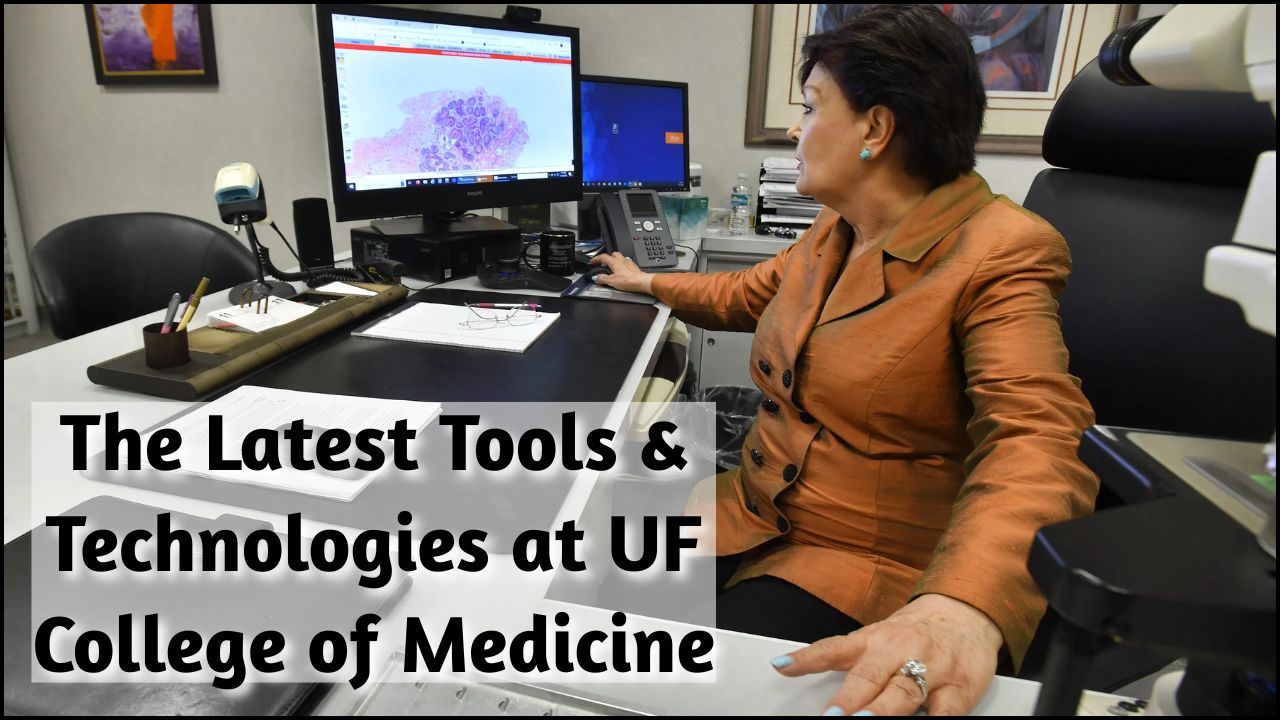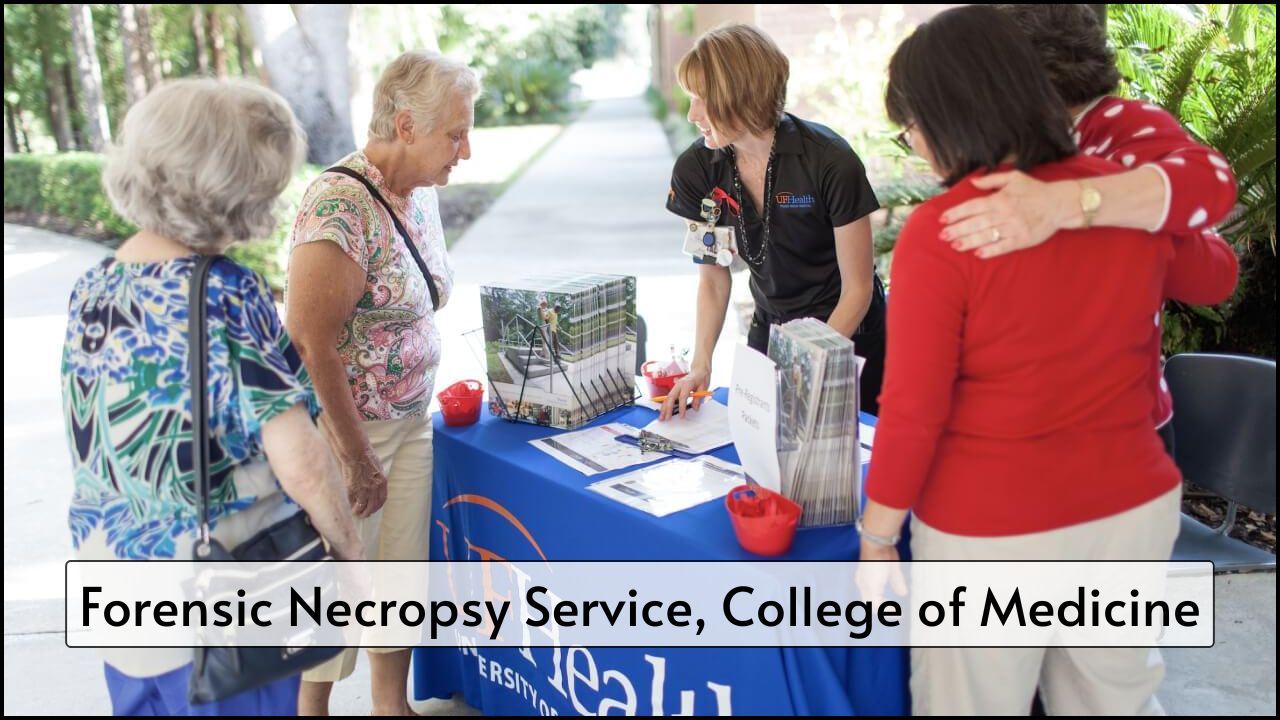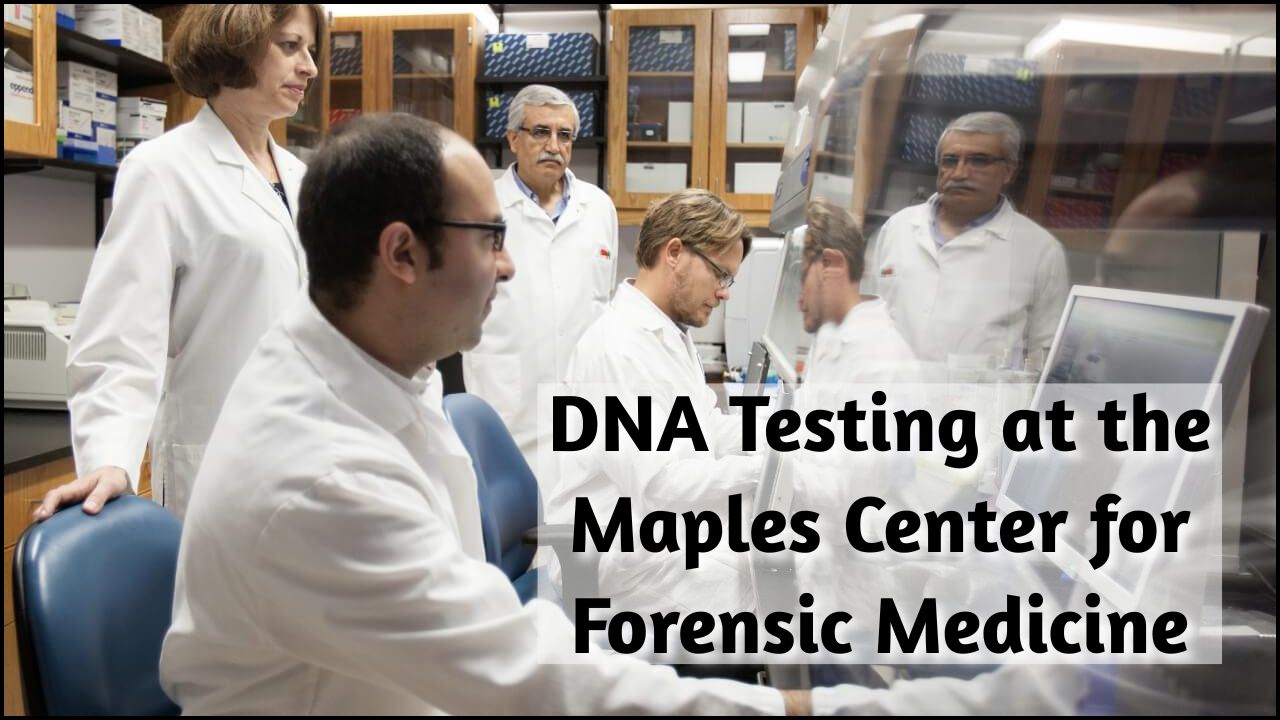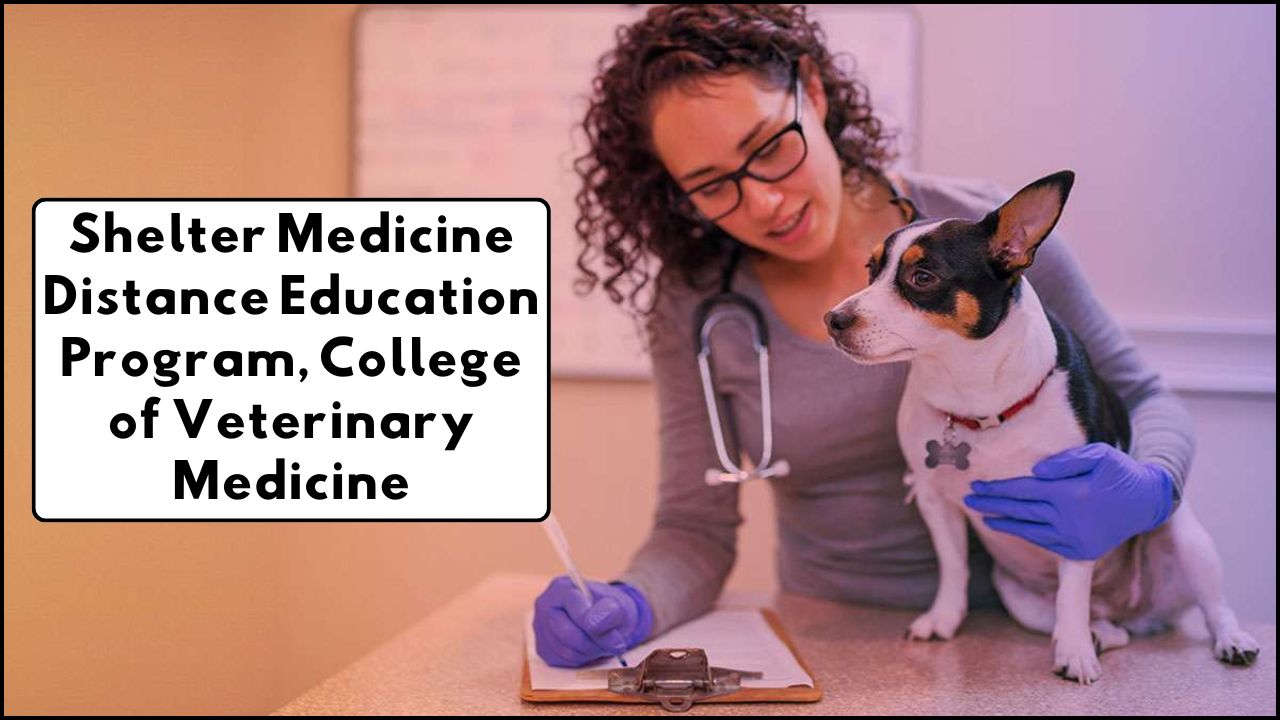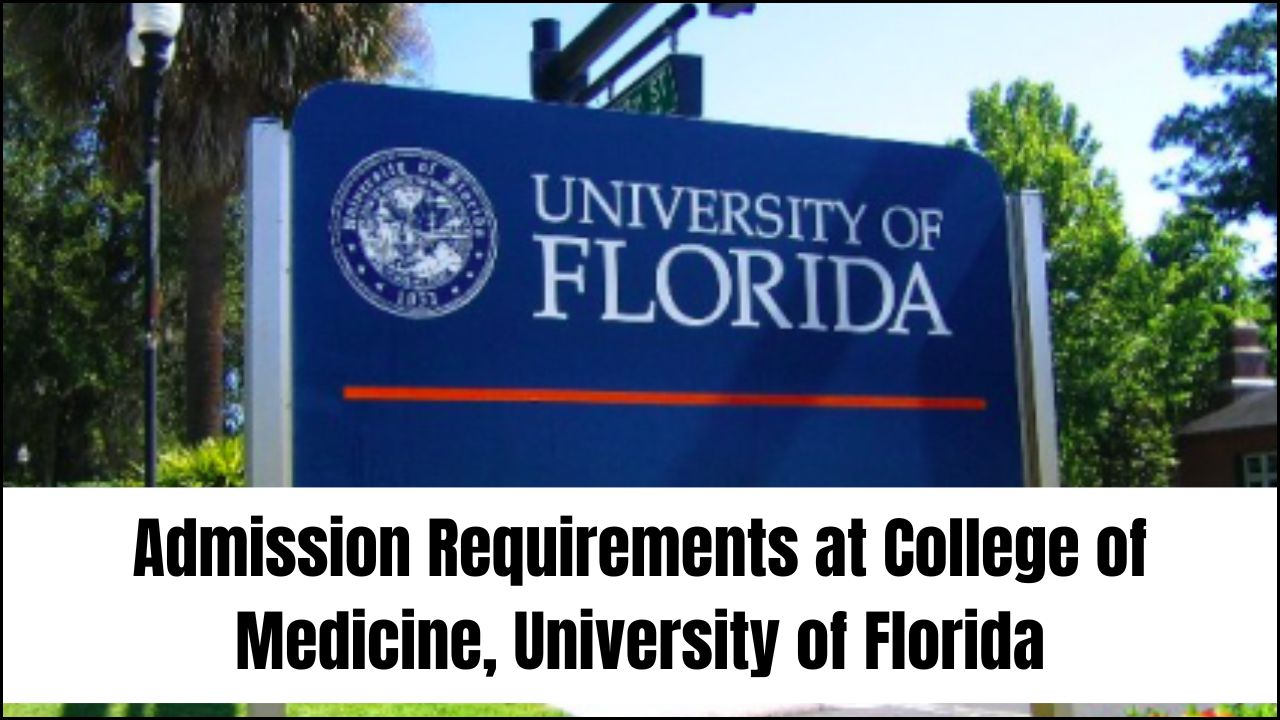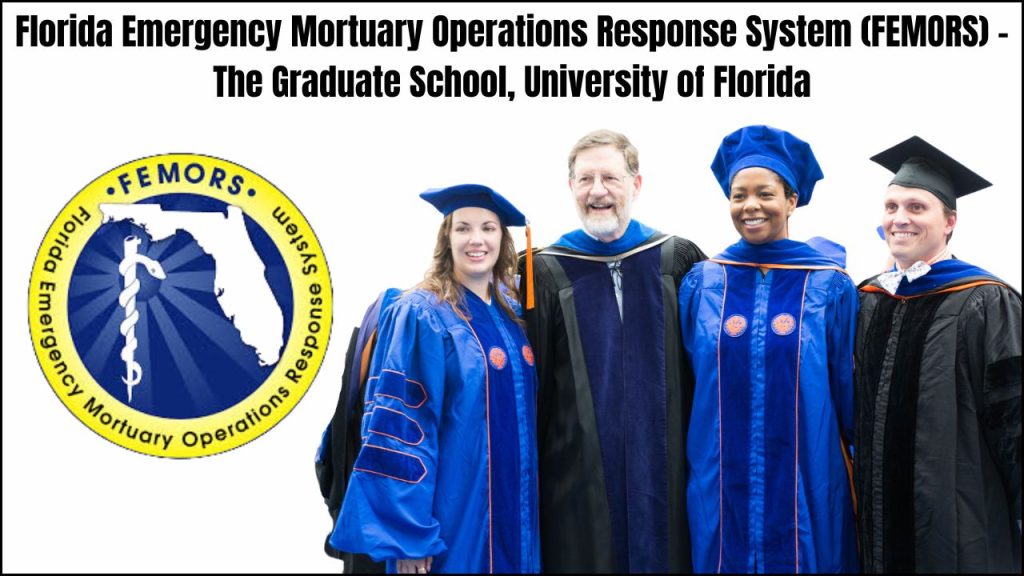
The Florida Emergency Mortuary Operations Response System (FEMORS) is a crucial organization that supports medical examiners and various agencies during emergencies. Based at the University of Florida, it ensures that the deceased are treated with dignity and professionalism in times of crisis. FEMORS’ ongoing mission is to provide a structured and respectful response to mass fatality incidents, supporting both responders and families affected by disasters.
Mission of FEMORS
- Primary Role: FEMORS assists medical examiners and disaster management teams in handling deceased individuals during mass fatality incidents.
- Support in Crisis Situations: The system provides vital resources to ensure the efficient recovery and identification of the deceased.
- Core Objective: FEMORS ensures that the handling of deceased individuals is done with dignity, professionalism, and respect, especially in disaster zones.
FEMORS Services
FEMORS provides a range of services that are critical to the management of mass fatalities during emergencies. These services support first responders, medical examiners, and the families of victims, ensuring that all aspects of recovery are carried out with care and precision.
- Mortuary Support: FEMORS provides expertise in managing morgue operations during large-scale emergencies.
- Disaster Response: The system plays a key role in assisting with recovery and identification efforts following major disasters.
- Training and Readiness: FEMORS focuses on maintaining a high level of preparedness for its teams through continuous training and real-world exercises.
Training and Preparedness
FEMORS emphasizes the importance of continuous training for its team members to ensure that they are prepared for the complexities of mass fatality management. These training programs cover a variety of skills, including human remains detection, recovery operations, and the use of advanced technology.
- Annual Training Programs: FEMORS holds annual training sessions to equip its teams with the necessary skills for responding to mass fatality events.
- Hands-on Experience: Training sessions provide opportunities for team members to work with state-of-the-art tools and technologies used in mortuary operations.
- K9 Team Training: Special focus is given to the training of K9 teams that assist in detecting human remains during disaster recovery operations.
Annual Training Overview
| Year | Location | Training Focus | Attendees |
|---|---|---|---|
| 2023 | Indian River State College | Human remains detection for K9 teams | 150+ |
| 2024 | University of Florida | Advanced mortuary operations techniques | TBD |
- 2023 Training: Focused on human remains detection and K9 team training, attended by over 150 individuals.
- 2024 Training: Scheduled for advanced techniques in mortuary operations, with further specialization in disaster response.
Response to Disasters and Emergencies
FEMORS has responded to several high-profile disaster incidents. The system’s ability to deploy quickly and provide necessary resources is crucial during these critical moments. FEMORS ensures that the deceased are recovered and treated with respect, allowing for identification and closure for affected families.
- Building Collapse in Surfside, Florida: FEMORS provided essential support during the tragic collapse of Champlain Towers South.
- Hurricane Response in Fort Myers: During natural disasters like hurricanes, FEMORS offers vital mortuary support to local authorities.
- Miami Building Collapse (2024): FEMORS provided specialized assistance in handling human remains after a building collapse in Miami.
Disaster Response Highlights
| Incident | Location | FEMORS Role | Outcome |
|---|---|---|---|
| Champlain Towers South Collapse | Surfside, Florida | Assisted in recovery operations | Ongoing |
| Building Collapse in Miami | Miami, Florida | Mortuary support for recovery | Completed |
| Hurricane Aftermath in Fort Myers | Fort Myers, Florida | Provided mortuary services | Completed |
FEMORS K9 Teams
FEMORS’ K9 teams are an essential part of the disaster response operations. These specially trained dogs assist in locating human remains, which is crucial during mass casualty events. Their training involves detecting human scent and remains in difficult conditions, such as collapsed buildings or hazardous environments.
- Specialized Training for K9 Units: FEMORS conducts specific training for its K9 teams, ensuring they are prepared to locate human remains in disaster zones.
- Deployment in Real-world Scenarios: K9 teams are deployed during incidents such as building collapses and hurricanes to assist recovery teams in identifying victims.
K9 Team Training Overview
| Year | Location | Training Focus | K9 Teams |
|---|---|---|---|
| 2023 | Indian River State College | Human remains detection techniques | 10+ |
| 2024 | University of Florida | Advanced disaster response and K9 capabilities | TBD |
Recent News and Updates
FEMORS continuously updates its training programs and response protocols to stay ahead of emerging challenges. Recent news highlights the organization’s commitment to improving its operational readiness and providing a timely response in times of crisis.
- FEMORS Annual Training 2024: The upcoming annual training session is expected to cover new advancements in mortuary operations, with a focus on the evolving needs of emergency response.
- FEMORS K9 Training: Special K9 team training sessions focus on enhancing human remains detection capabilities.
- Surfside Collapse Response: FEMORS continues to play an active role in recovery efforts following the Champlain Towers South collapse.
Final Thoughts
FEMORS plays a pivotal role in ensuring that the deceased are treated with the utmost respect and professionalism during mass fatality incidents. Through continuous training, effective disaster response strategies, and the support of specialized teams, FEMORS remains a vital component in Florida’s emergency management infrastructure. As the system evolves, it continues to provide exceptional services during crises, helping bring dignity to the deceased and closure to their families.
